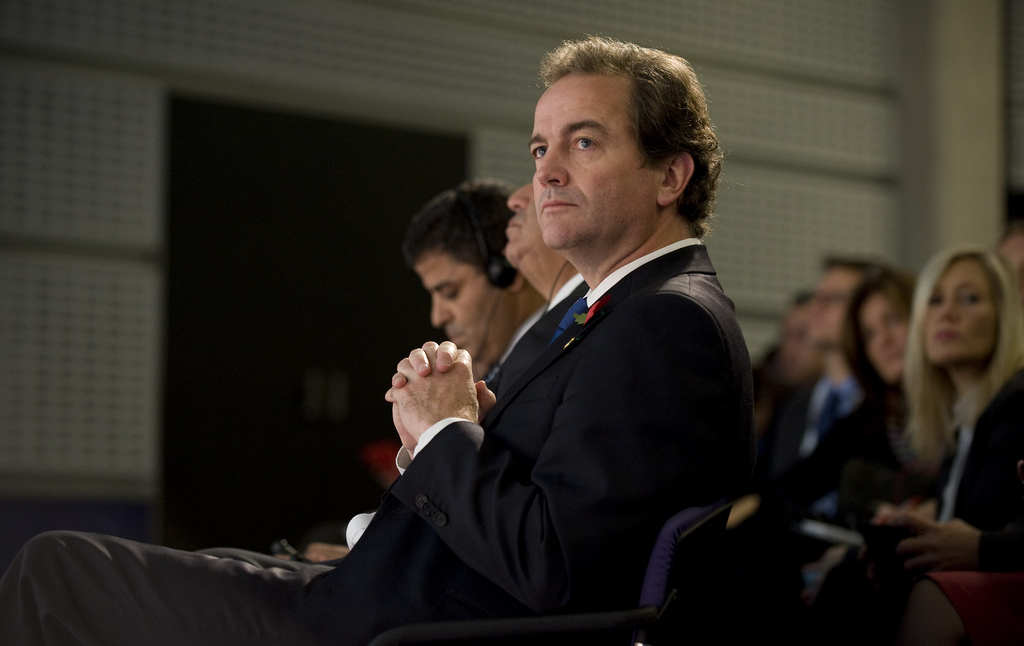Decarbonising the way businesses heat their premises remains one of the biggest challenges for government moving forward, climate change minister Nick Hurd has said.
Speaking before the Business, Energy and Industrial Strategy (BEIS) select committee yesterday morning (Tuesday 10 January), Hurd hinted that efforts to boost decarbonisation of the UK’s heat and transport sectors would feature prominently in the upcoming carbon plan which the government is due to publish at some point in Q1 2017.
The plan was originally due to be published before the end of 2016 but the complexity of the various issues needing to be clarified within the document caused BEIS to postpone its publication until the New Year.
Commenting that decarbonisation of the power sector had “probably overperformed”, Hurd said that heat and transport posed “very big challenges”, particularly with the heating of homes and businesses across the UK, and ones that his department had given considerable thought to.
BEIS already subsidises non-domestic renewable heat deployment through the RHI, however uptake of the scheme has been below expectations and the UK remains on course to fall far short of its heat decarbonisation targets for 2020.
The new carbon plan will however outline ways in which the government intends to meet its obligations under the fifth carbon budget, with Hurd suggesting that a new heat strategy would be included within it.
Hurd’s comments come just a week after the Federation for Small Businesses called for SMEs to be a key consideration in the forthcoming carbon plan, including a review into the effectiveness of subsidies and other incentives for stimulating investment in renewable technologies.
The minister was however markedly more upbeat about the potential to decarbonise transport, arguing that “in transport you can see the future, and the future is electric”. He went on to laud the increased rate of adoption of electric vehicles and praised the automotive industry for its efforts in bringing a wide array of EVs to market.






